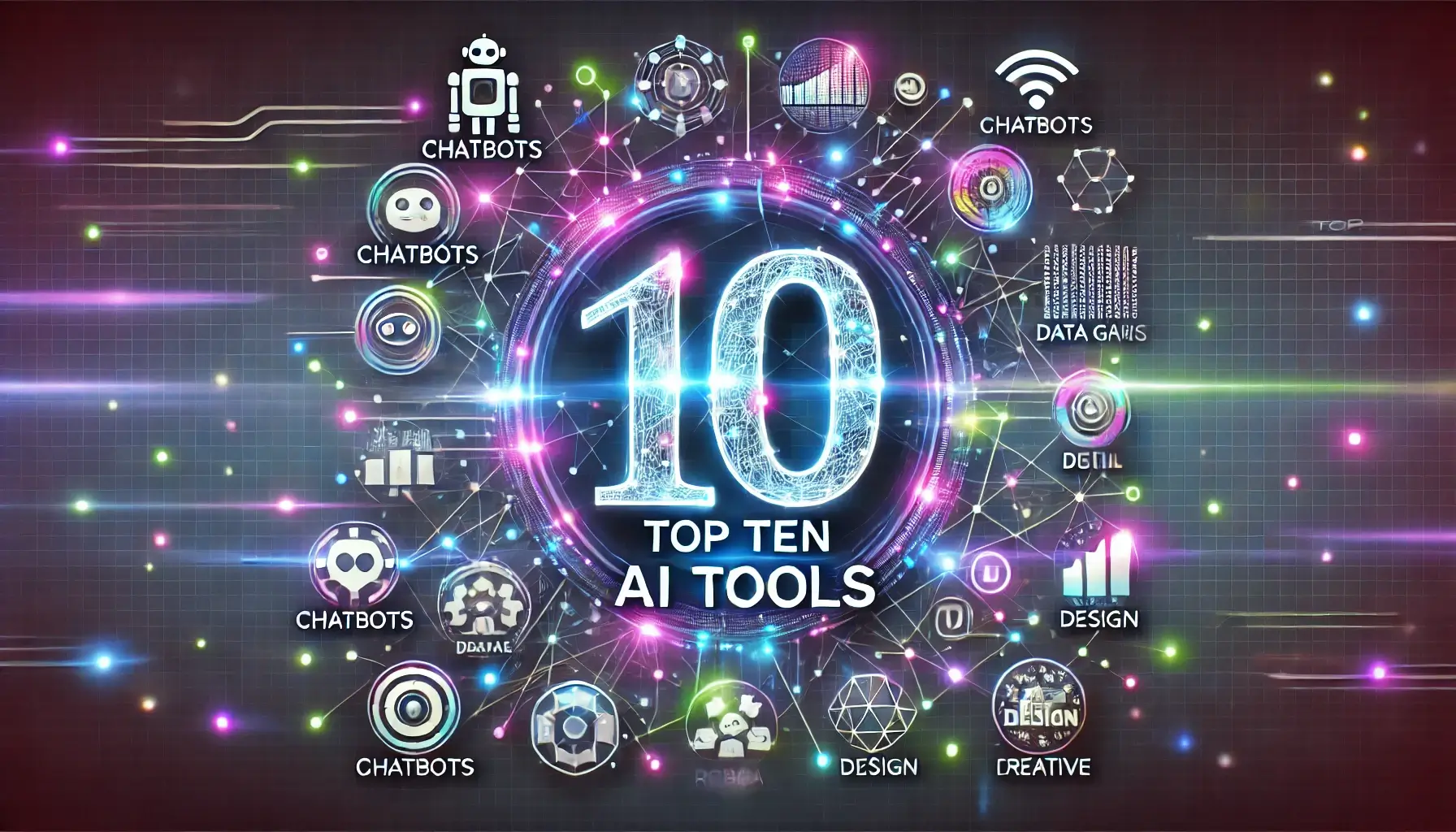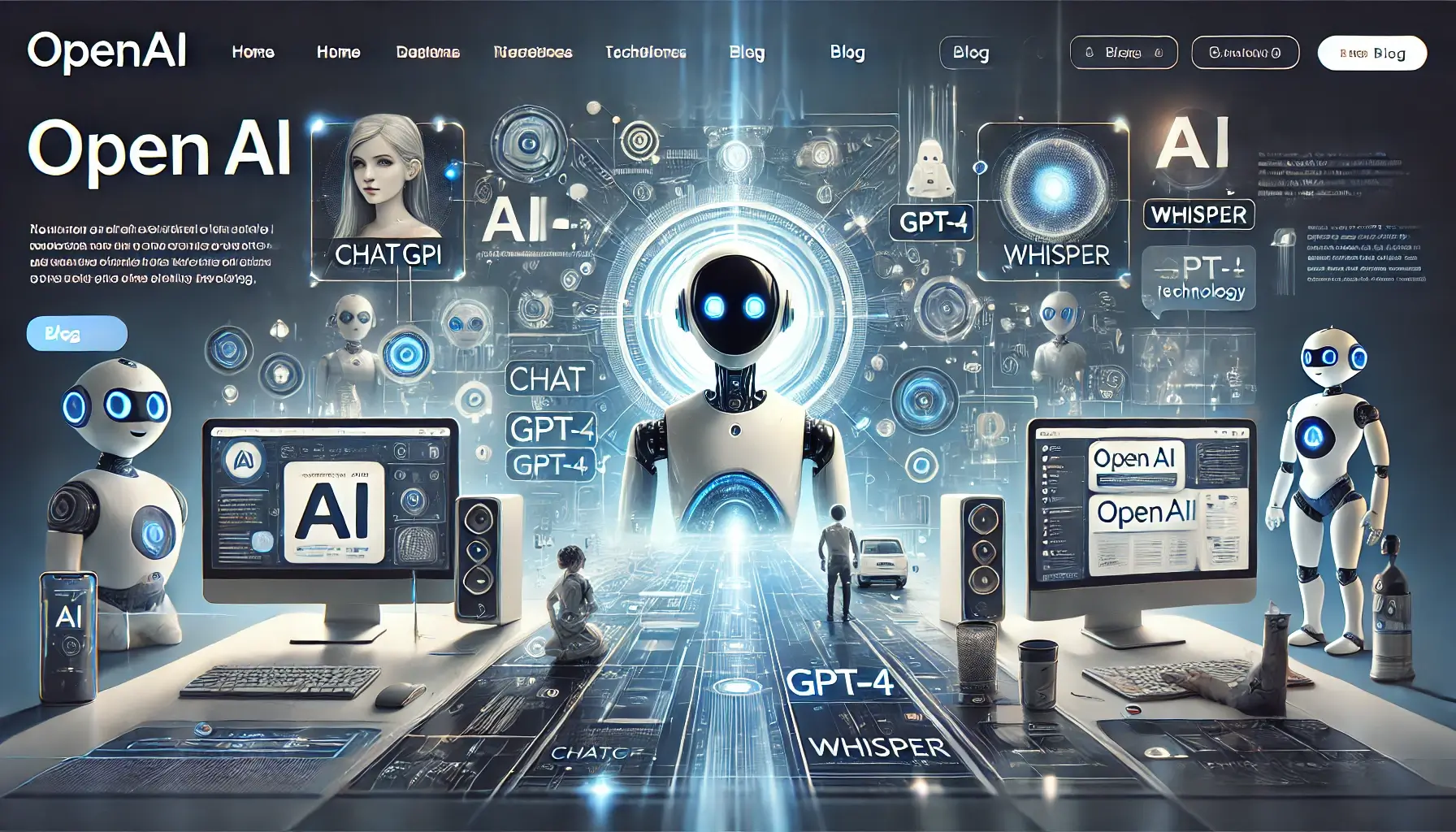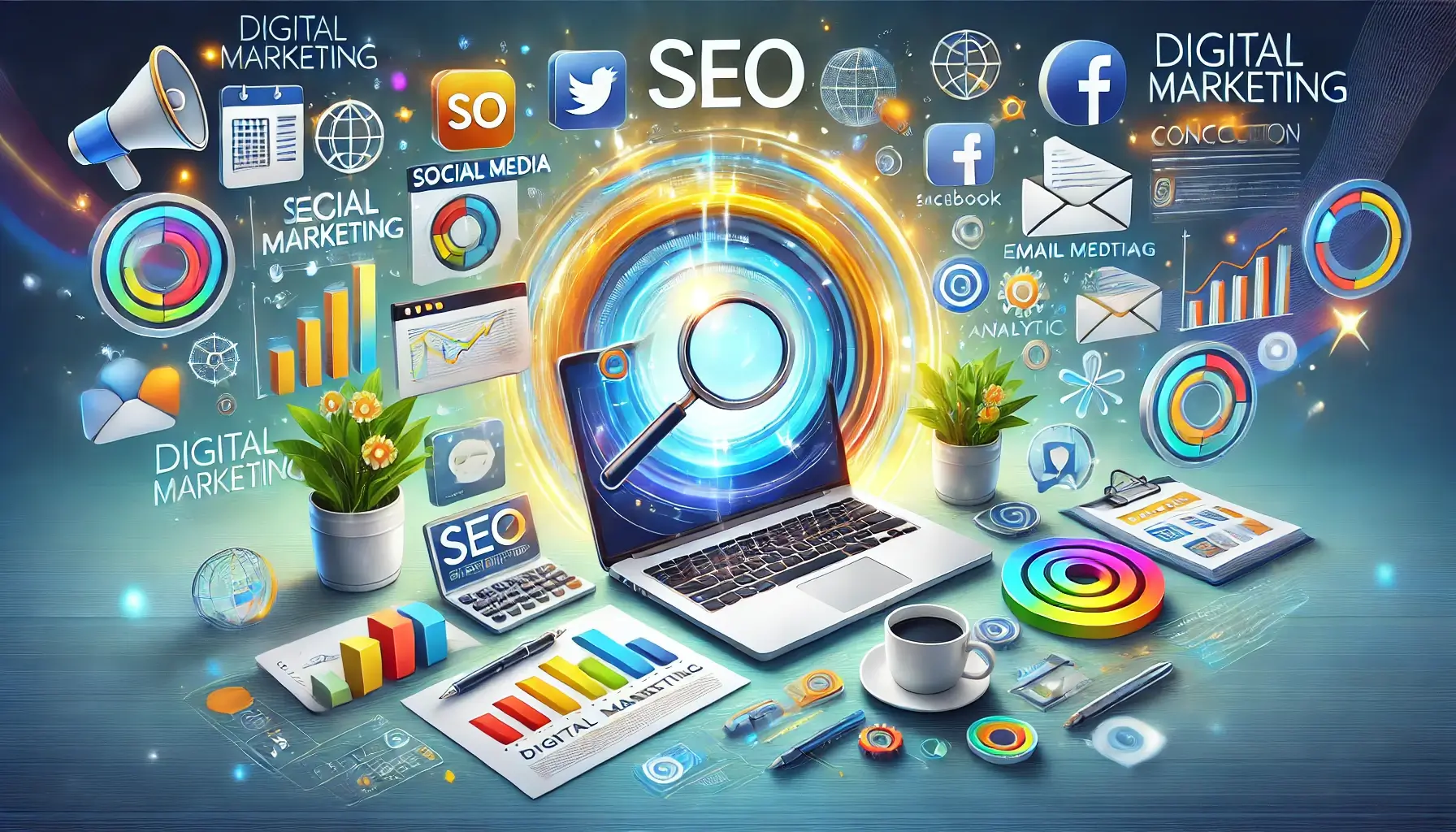Top Ten AI Tools: Unlocking the Future of Productivity and Innovation
Artificial Intelligence (AI) tools are revolutionizing how businesses, professionals, and individuals operate in today’s fast-paced digital world. From automating mundane tasks to delivering data-driven insights, these tools empower users to achieve more efficiently. In this comprehensive guide, we’ll explore the top ten AI tools you should consider integrating into your workflow. Whether you’re a developer, marketer, content creator, or entrepreneur, these tools will help you stay ahead of the curve.
Why AI Tools Are Crucial in 2025 and Beyond
AI has evolved far beyond a mere trend and has now become an essential cornerstone across all industries. Companies are leveraging AI tools to enhance productivity, reduce costs, and deliver superior customer experiences. A well-chosen AI tool can help you:
- Automate repetitive tasks
- Make data-driven decisions
- Personalize customer interactions
- Improve efficiency and accuracy
- Drive innovation
Let’s dive into the top ten AI tools reshaping industries today.
Top Ten AI Tools to Supercharge Your Workflow
1. ChatGPT by OpenAI
ChatGPT is a conversational AI tool that allows users to generate human-like text for a variety of purposes. From crafting compelling emails to drafting blog posts and even writing code snippets, ChatGPT is a versatile solution for professionals across industries.
Key Features:
- Natural language understanding
- Content generation
- Coding assistance
- Integration with APIs for automation
Use Cases:
- Writers: Generate engaging articles, captivating blogs, and eye-catching social media content effortlessly.
- Businesses: Automate customer support through chatbots.
- Developers: Debug and write code.
2. Grammarly
Grammarly uses AI to ensure your writing is polished, professional, and free of grammatical errors. It’s a must-have tool for anyone looking to improve their writing skills or maintain consistency in tone.
Key Features:
- Grammar and spell-checking
- Plagiarism detection
- Tone adjustment
- Vocabulary enhancement suggestions
Use Cases:
- Content creators: Optimize content for clarity and impact.
- Students: Ensure academic papers are error-free.
- Professionals: Write error-free emails and reports.
3. Jasper AI (Formerly Jarvis)
Jasper AI is an advanced content creation tool tailored for marketers and writers. It can generate high-quality articles, product descriptions, and ad copy in seconds.
Key Features:
- AI-powered long-form content generation
- SEO-optimized content creation
- Customizable tone and style
Use Cases:
- Marketing teams: Generate ad copy and blog posts.
- Ecommerce businesses: Write product descriptions effortlessly.
- Agencies: Streamline content creation processes.
4. MidJourney
For those in need of stunning visuals, MidJourney is an AI art generator that creates unique and professional designs. It’s perfect for creatives who lack traditional design skills but want high-quality imagery.
Key Features:
- High-resolution image generation
- Customization options for unique designs
- AI-driven artistic styles
Use Cases:
- Graphic designers: Generate ideas or final artworks.
- Businesses: Create branded visuals without hiring a designer.
- Content creators: Enhance blog posts and social media campaigns.
5. Notion AI
Notion AI enhances the functionality of the popular productivity tool, Notion, by automating task management and content generation. It’s a great companion for teams and individuals looking to streamline their workflows.
Key Features:
- Task prioritization
- Note summarization
- Automated brainstorming suggestions
Use Cases:
- Teams: Collaborate efficiently with AI-driven insights.
- Students: Organize notes and generate summaries.
- Freelancers: Manage multiple projects effortlessly.
6. Surfer SEO
Surfer SEO is a powerful AI tool designed to optimize content for search engines. By analyzing competitors and recommending improvements, it ensures your content ranks higher in search results.
Key Features:
- Real-time SEO audits
- Keyword suggestions
- Competitor analysis
Use Cases:
- SEO professionals: Optimize existing content for better rankings.
- Content marketers: Create data-driven blog posts.
- Businesses: Increase organic traffic and visibility.
7. Synthesia
Synthesia is a game-changer for video creation. This advanced AI tool allows users to produce high-quality videos without relying on traditional resources like cameras, live actors, or editing platforms.
Key Features:
- AI avatars for video presentations
- Multilingual support
- Customizable scripts
Use Cases:
- HR teams: Create training videos.
- Marketers: Produce promotional content effortlessly.
- Educators: Develop engaging e-learning materials.
8. Tableau
Tableau is an AI-powered data visualization tool that helps businesses turn raw data into actionable insights. With its user-friendly interface, even non-technical users can create stunning dashboards.
Key Features:
- Drag-and-drop dashboard creation
- Advanced analytics powered by AI
- Integration with multiple data sources
Use Cases:
- Analysts: Present data insights visually.
- Executives: Monitor business KPIs.
- Researchers: Analyze trends and patterns.
9. Hootsuite Insights (Powered by Brandwatch)
Hootsuite Insights uses AI to provide real-time analytics and social media listening capabilities. It’s an essential tool for brands looking to understand and engage with their audience better.
Key Features:
- Sentiment analysis
- Trend identification
- Comprehensive social media reporting
Use Cases:
- Social media managers: Track brand performance.
- Marketers: Identify and leverage trending topics.
- Businesses: Monitor customer feedback in real-time.
10. Canva AI
Canva AI integrates artificial intelligence into Canva’s design platform to make creating stunning visuals easier than ever. From templates to AI-generated suggestions, it simplifies the design process for beginners and experts alike.
Key Features:
- Design automation with AI suggestions
- Magic Resize for multi-platform content
- AI-powered content generation
Use Cases:
- Small businesses: Create promotional materials easily.
- Social media influencers: Design eye-catching posts.
- Event planners: Craft professional invitations and banners.
Steps to Select the Best AI Tool for Your Needs
Choosing the ideal AI tool hinges on understanding your unique objectives and requirements.Consider these helpful tips to make an informed decision:
- Identify Your Goals
Identify specific tasks you aim to streamline or enhance through automation. - Evaluate Features
Look for tools that align with your requirements, such as writing, designing, or data analysis. - Consider Integration
Verify whether the AI tool can integrate effortlessly with the software and systems you currently use. - Test Usability
Many AI tools offer free trials—use these to evaluate their interface and features. - Assess ROI
Calculate the time and cost savings the tool will provide in the long run.
FAQ: Top Ten AI Tools
1. What industries benefit most from AI tools?
AI tools are versatile and benefit industries such as marketing, healthcare, education, finance, and manufacturing.
2. Are AI tools expensive?
AI tools come in a range of pricing models, from free versions with basic features to premium plans offering advanced functionalities.
3. Can beginners use AI tools effectively?
Yes! Most AI tools are designed with user-friendly interfaces, and many offer tutorials to help new users get started.
4. How secure are AI tools?
Reputable AI tools prioritize user data security and comply with industry standards like GDPR. Always review a tool’s privacy policy.
5. Do AI tools replace human jobs?
AI tools often complement human skills, automating repetitive tasks and allowing professionals to focus on more strategic work.
6. What’s the future of AI tools?
AI tools will continue to evolve, becoming more intuitive, specialized, and accessible across industries.
7. Are AI tools customizable?
Many AI tools offer customization options to cater to unique business needs, such as tailored templates or API integrations.
8. How can I keep up with new AI tools?
Stay informed by subscribing to tech blogs, attending webinars, and participating in AI-focused forums.
9. Do AI tools work offline?
Most AI tools require an internet connection, but some offer offline functionalities or desktop applications.
10. Which AI tool is the best overall?
The “best” tool depends on your needs. ChatGPT excels in writing and conversation, while Tableau is ideal for data visualization.
Embrace the power of AI tools to enhance productivity, streamline tasks, and drive innovation in your personal and professional life. As technology evolves, staying ahead with the right tools will help you unlock unprecedented opportunities.







